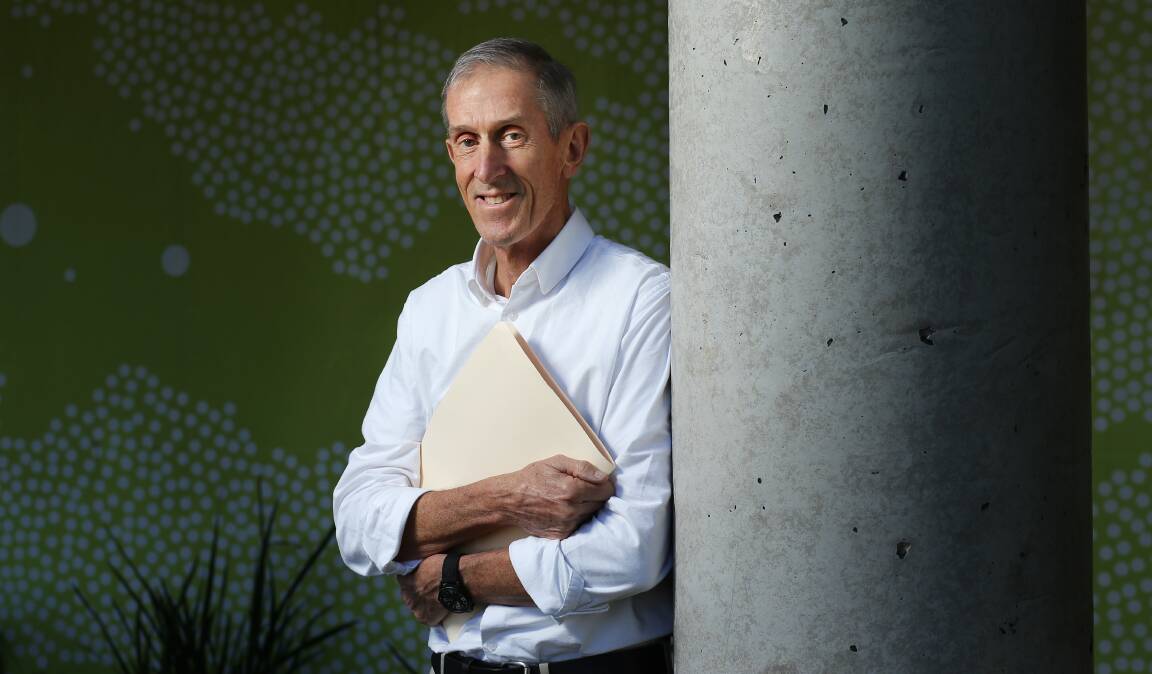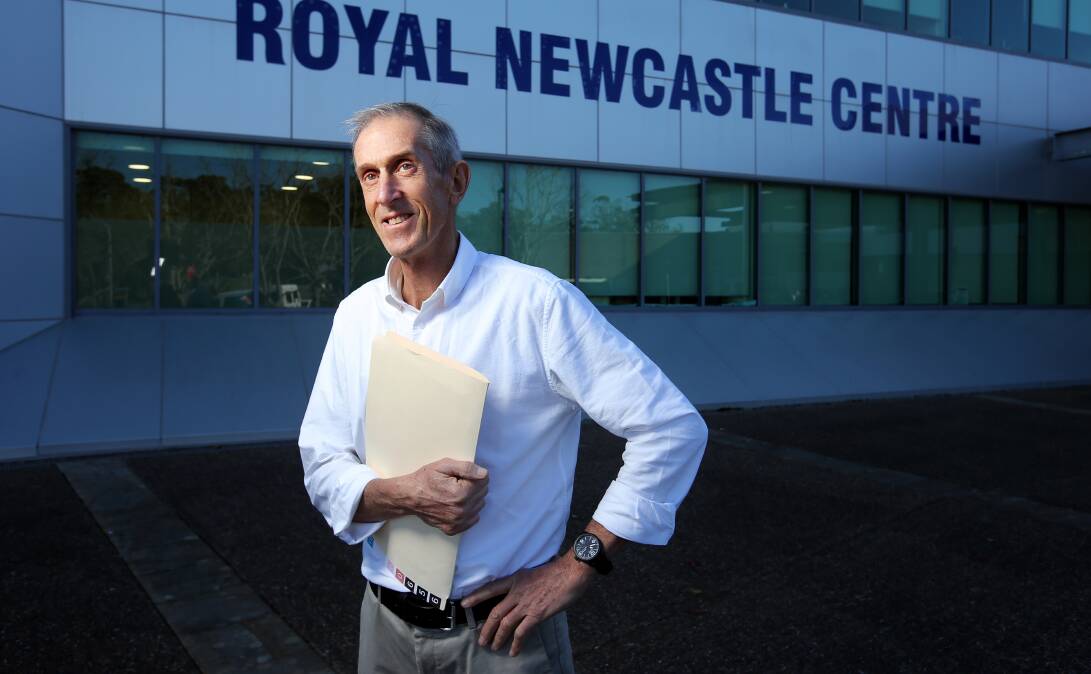
A HUNTINGTON'S disease diagnosis can be devastating for patients and their families.
It's John Conaghan's job to help them navigate the rare, progressive brain disorder - finding a balance between realism and hope.
Now he's been awarded a King's Birthday Honour for his care and support.
The John Hunter Hospital senior social worker has worked with Huntington's patients and their families since 1985, since his first job as a student at a Huntington's disease facility in Melbourne.
"It's amazing how little turns and twists in your own career can determine where you end up," he said.
"It's about supporting people through a hard time, and I'm always in awe of the immense resilience of these people who try to make things work in really difficult circumstances.
"You're seeing people who are battling a condition that's constantly making them worse. It's difficult and emotionally demanding but I think about what it might be like for them and I try to support them by being reliable, consistent and just listening to how people feel."
Huntington's disease is caused by a defective gene. The disease causes changes in the central area of the brain, which affects movement, mood and thinking skills.
The first sign is usually involuntary movements, and it can make patients depressed, anxious, compulsive or impulsive - sometimes leading them to have brushes with the law.
Mr Conaghan is both a friend and an advocate, walking families through the decision of whether or not to test for the gene and supporting them through the disease's progression.
And, he's not short of work in the Hunter, where a 1998 epidemiological study found the frequency of the disease was 50 per cent greater than anywhere else in the state.
In his early career he worked for what is now called Hunter Genetics, where in 1991 there were only 11 families known to the unit.
"Slowly over time, we got to meet more and more families," he said.
In 1993 the gene defect that causes Huntington's was discovered. It was a huge breakthrough because up until that point patients relied on blood tests from affected and unaffected relatives to find a link.
It meant people couldn't have the test privately, relying on family members for samples.
The discovery of the gene gave people who were at risk the choice to find out what lay ahead for them, Mr Conaghan said.
"In the literature there was a lot of toing and froing about whether we should provide a test for something we can't do anything for," he said.
"The families said 'look, this is one point where we can control our destiny, we can find out and plan our life in a way we hadn't done before'.
"I never encouraged people to have the test, it's an individual decision, some find it difficult to live with uncertainty."

It's his job to link patients and their families with services that can help, he also runs support groups for carers and gene positive people.
Mr Conaghan said he was surprised to have been awarded a King's Birthday Honour, and pointed out that he's part of a much broader team of neurologists, psychologists and geneticists that help these families.
"I've always found it very rewarding and an honour to help them in any way I can," he said.
"I think I've been very lucky to have had the opportunity to work with these families over a long period of time.
"I just do what anyone else would do, the best I can for the people I'm working for."







